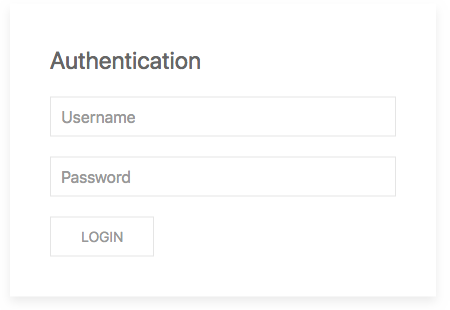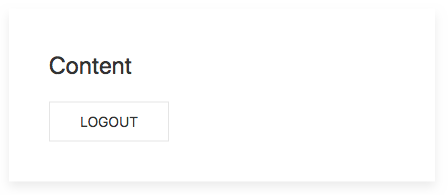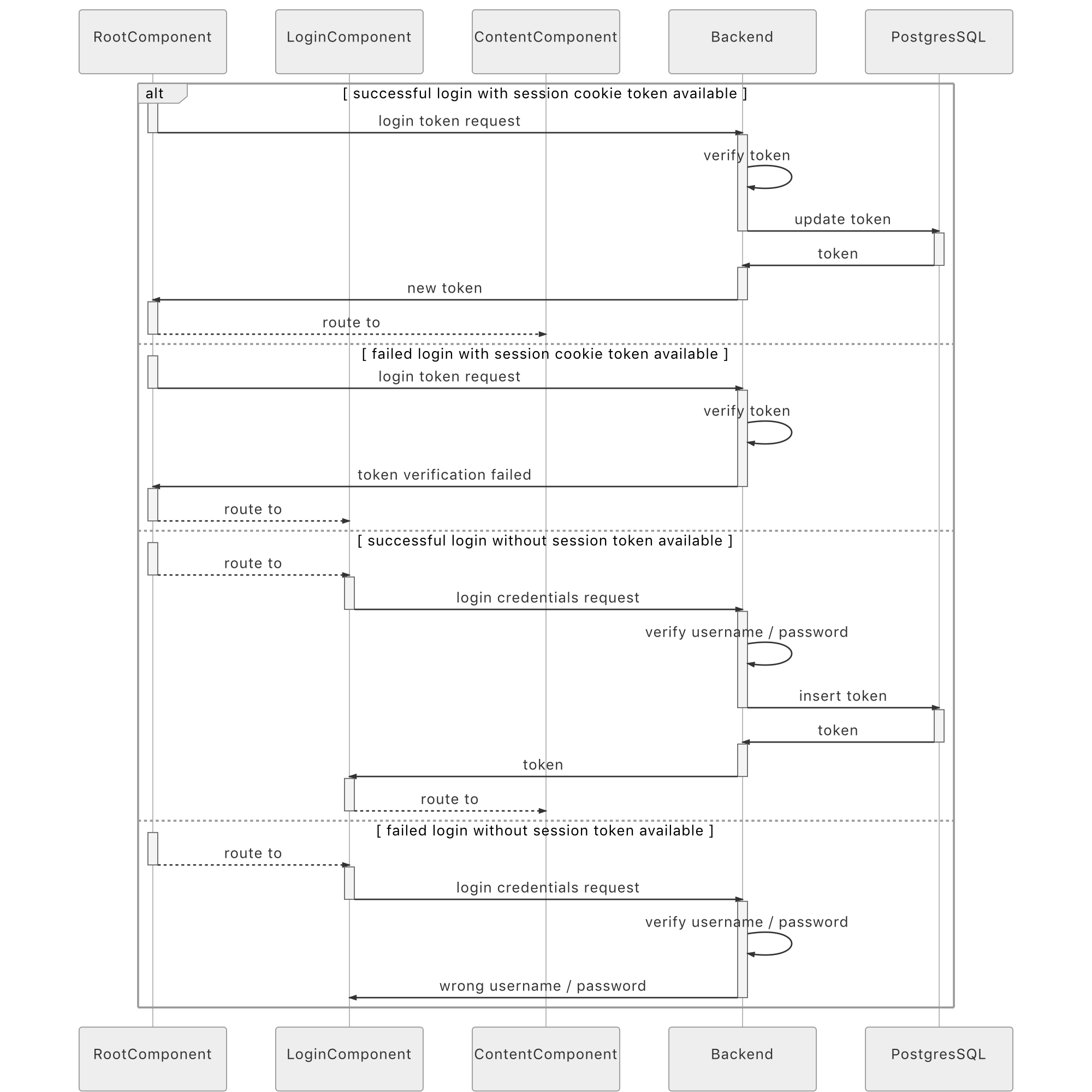WebApp.rs
A web application completely written in Rust
Target of this project is to write a complete web application including backend and frontend within Rust.
Rust wasm Rust app
in browser <- REST -> HTTP Server -- actix-web
| |
Yew Diesel (ORM) -> PostgreSQLBlog Posts
- A Web Application completely in Rust.
- Lessons learned on writing web applications completely in Rust.
Build
The following build dependencies needs to be fulfilled to support the full feature set of this application:
- wasm-pack
- rollup
- diesel_cli
- postgresql (libpg)
- A container runtime, like podman
The app consist of a frontend and a backend. For getting started with hacking,
the backend can be tested via make run-backend, whereas the frontend can be
tested with make run-frontend. You can adapt the application configuration
within Config.toml if needed.
This installs build requirements, rust and wasm-pack, on Ubuntu or Debian.
> sudo apt-get update
> sudo apt-get install -y pkg-config libssl-dev npm sudo wget
> wget https://sh.rustup.rs -O rustup-init
> sudo sh rustup-init -y
> sudo cargo install wasm-pack
> sudo npm install -g rollupThis builds the project.
> git clone https://github.com/saschagrunert/webapp.rs.git
> cd webapp.rs
> make allRun
make deploy uses podman to start a PostgreSQL container and the Rust backend
container. If you wish to use docker instead of podman, set
CONTAINER_RUNTIME=docker in the top of Makefile. Edit Config.toml if
needed to set the backend url and PostgreSQL credentials:
[server]
url = "http://127.0.0.1:30080"
...
[postgres]
host = "127.0.0.1"
username = "username"
password = ""
database = "database"Ensure the runtime dependencies are installed, and then start the two containers.
> sudo apt install -y postgresql-client
> cargo install diesel_cli --no-default-features --features "postgres"
> sudo make deployThe application should now be accessible at
http://127.0.0.1:30080.
During development, you can start the containers separately, using
make run-app to start only the rust backend container, and run-postgres to
start only the PostgreSQL container.
If both the backend and frontend are running, you can visit the web application
at http://127.0.0.1:30080. After the successful
loading of the application you should see an authentication screen like this:
The login screen will accept any username and password that are equal, such as
me (username) and me (password). There is currently no further user
authentication yet, but non matching combination will result in an
authentication failure. After the successfully login you should be able to see
the content of the application:
The authentication should persist, it is even better after a manual page reload. Logging out of the application via the logout button should also work as intended.
Control Flow
The complete control flow of the application looks like this:
Contributing
You want to contribute to this project? Wow, thanks! So please just fork it and send me a pull request.







